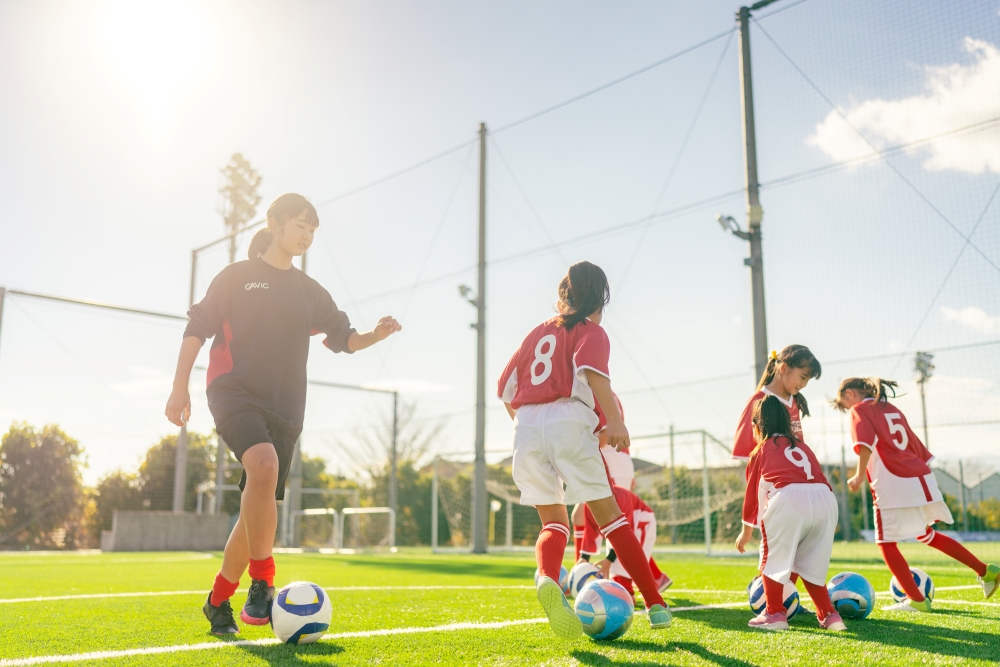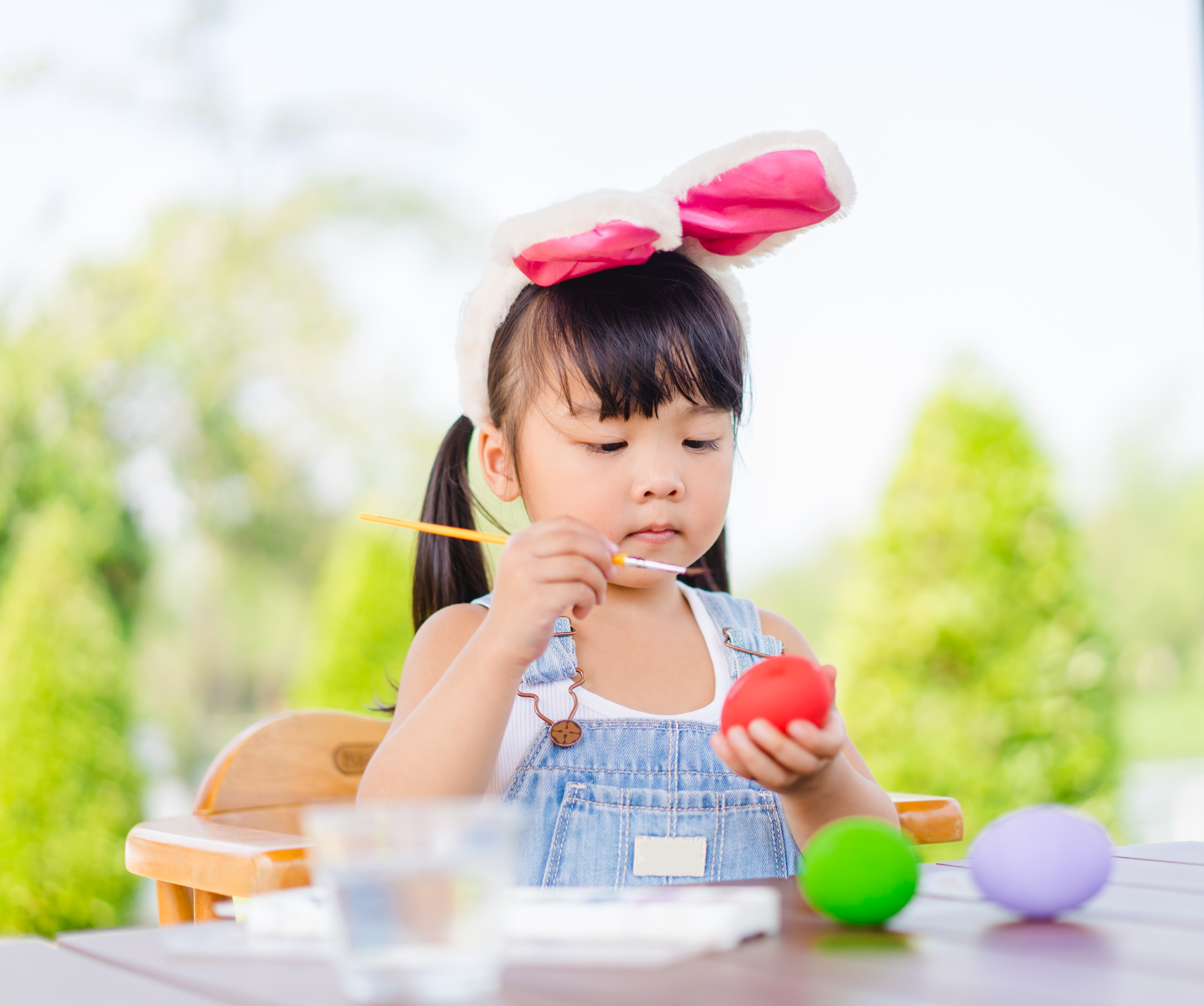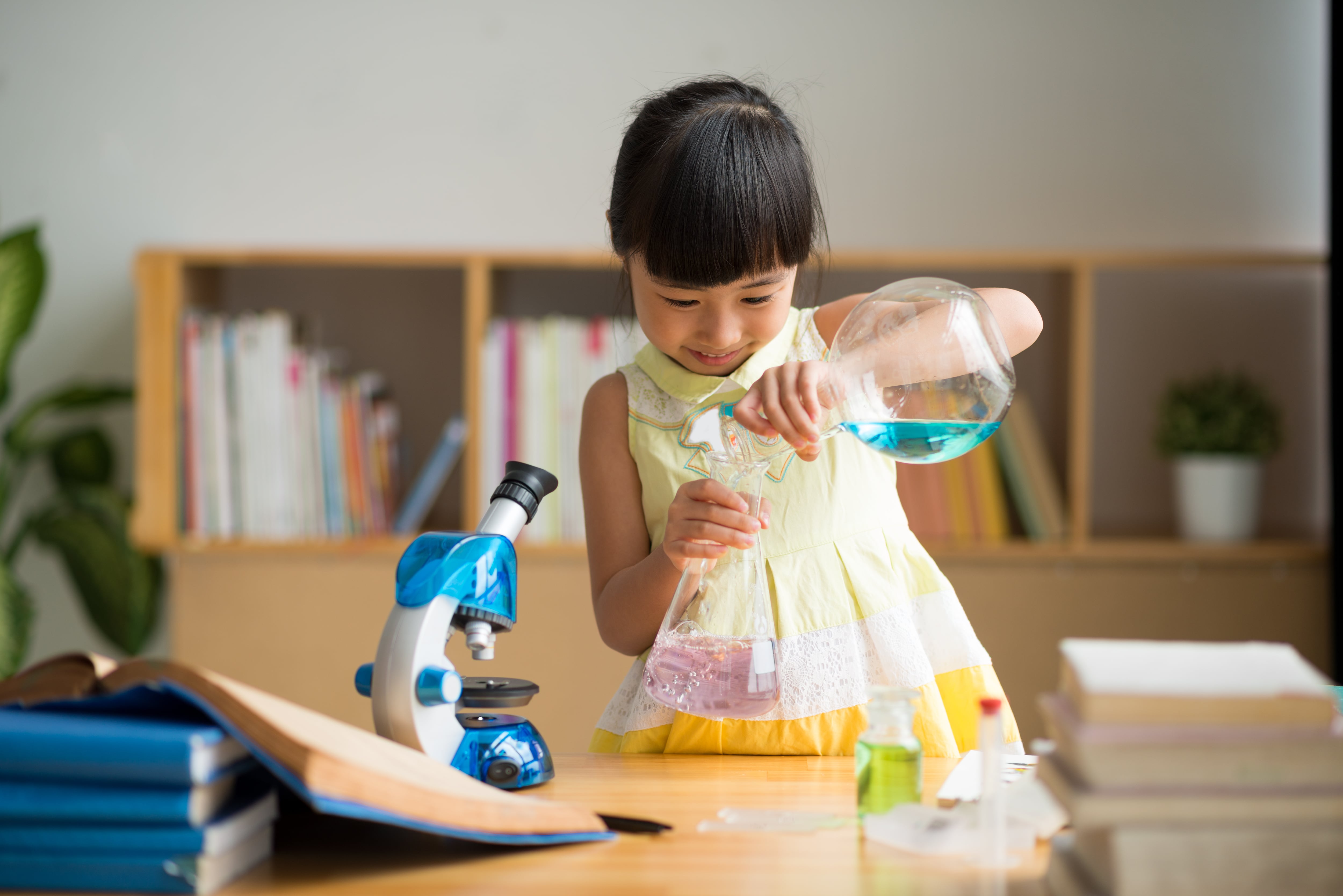By subscribing you are agreeing to our Privacy Policy
6 Tips for parents to help children cope with anxiety
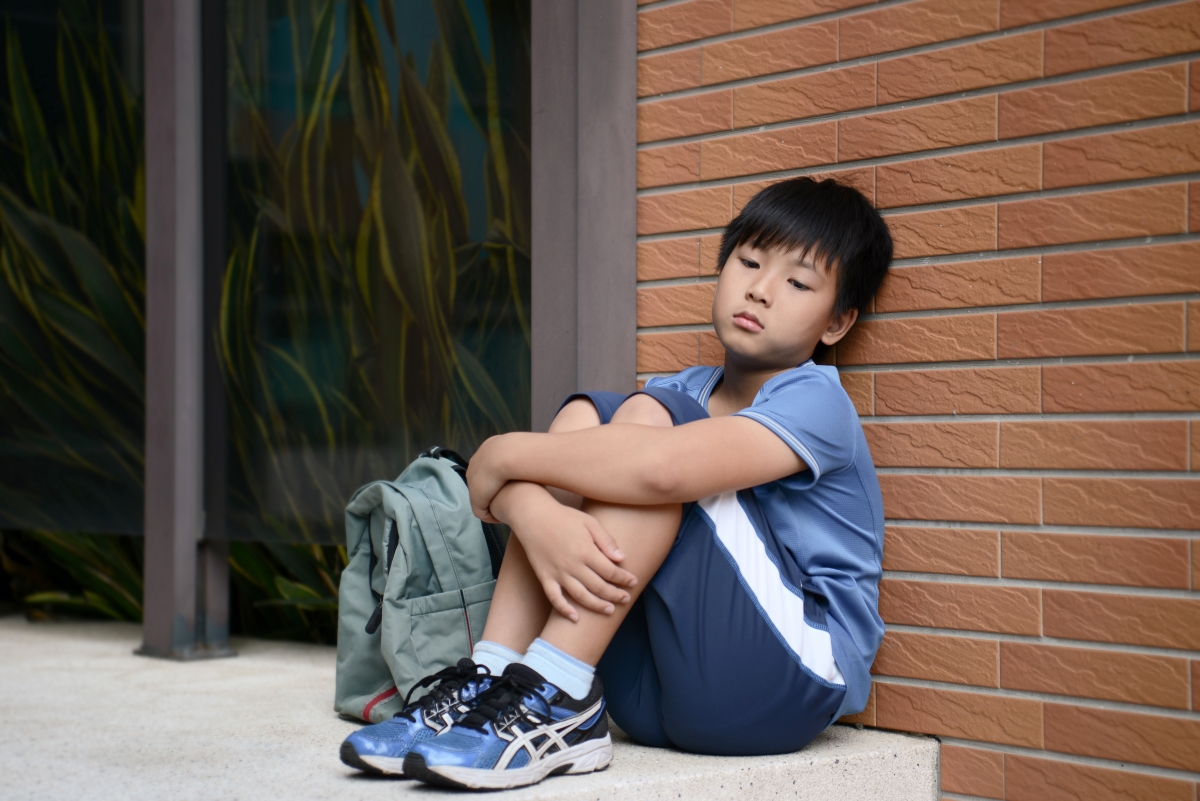
As the founder of a child-focused education company, you would be forgiven for assuming that my children are the most academic and well adjusted kids out there. However, my son recently experienced a panic attack at school at the age of 10 years. This event took me by surprise and has forced me to re-examine my parenting style and more deeply understand the roots of a child’s anxiety. The following blog is the outcome of this research. I hope that by sharing this knowledge, other parents can also learn how to better support their kids who may have years of high pressure exams and decisions ahead of them.
Anxiety is a common human experience, even for children. While it's normal for kids to feel anxious from time to time, it's essential for parents to understand how to help them navigate these feelings. As a parent, you play a crucial role in providing your child with the tools to cope with anxiety and build resilience. In this post, we'll explore what childhood anxiety is, how to spot it, and most importantly, we'll share six practical tips for parents to support their children in managing anxiety.
Understanding childhood anxiety
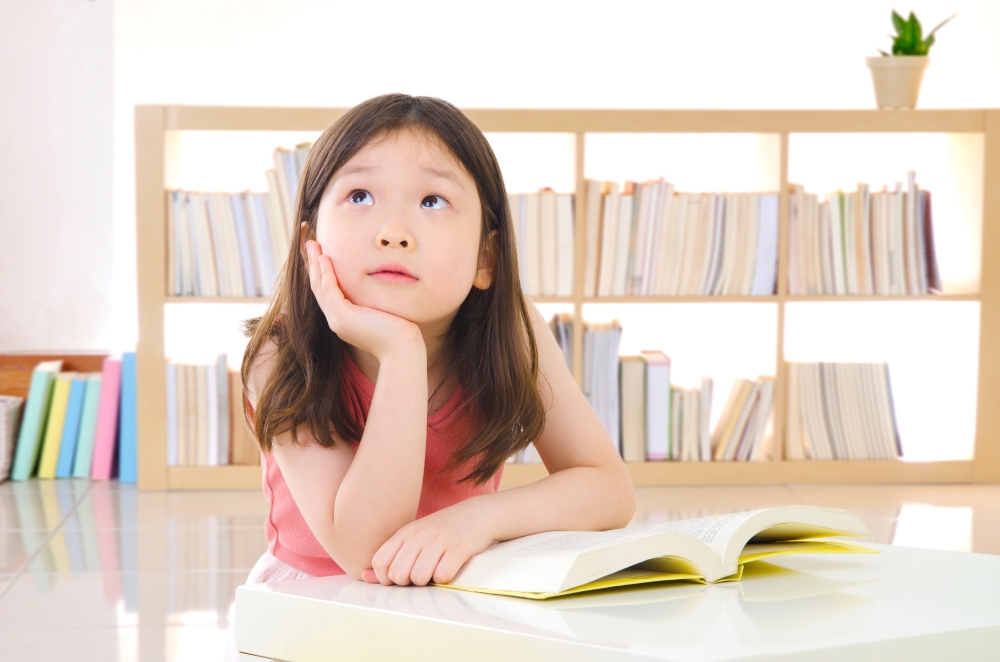
Anxiety is a fundamental human response to stress, and it has played a crucial role in our survival over the centuries. It's a natural emotion that alerts us to potential threats and helps us take appropriate action. For young children, a certain level of anxiety, such as fear of strangers or separation from caregivers, is entirely normal and adaptive. It's a part of their natural development.
However, childhood anxiety becomes a concern when these typical fears become amplified and start to interfere with a child's daily life and well-being. For instance, separation anxiety is relatively common among 3 to 5-year-olds as they begin to explore their independence. But it could signal a more significant issue if it persists or intensifies around the age of 8 or 9. Research indicates that the median age for the onset of various anxiety disorders is around 11 years old.
Several factors contribute to a child's likelihood of developing anxiety. Approximately one-third to half of the risk is believed to be genetic, as anxiety can run in families. However, environmental factors also play a substantial role. Exposure to stressors like familial discord, economic hardship, and neighborhood violence can significantly increase a child's vulnerability to anxiety. To help your child, it's essential to recognize the signs of anxiety and provide effective coping strategies.
Recognizing anxiety in children
In my case, the anxiety attack which caused acute asthma-like symptoms in an otherwise asthma-free child was as obvious as a slap in the face. However, spotting anxiety in children may otherwise a bit tricky, as it often presents differently compared to adults.
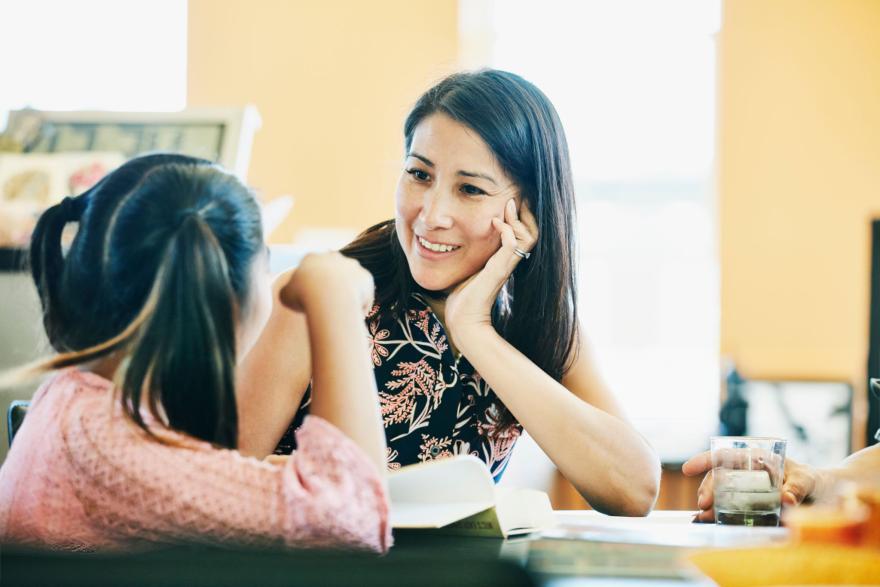
Some common signs include:
Excessive worry: Children may worry about things that seem irrational to adults, such as fear of monsters or disasters.
Physical symptoms: Anxiety can manifest in physical symptoms like stomachaches, headaches, and restlessness.
Avoidance: Children with anxiety may avoid situations or activities that trigger their fears.
Irritability: Anxiety can make children irritable or more sensitive to criticism or change.
Sleep disturbances: Trouble falling asleep or staying asleep is a common sign of childhood anxiety.
If you notice these signs in your child, it's time to explore practical ways to help them cope with their anxiety or consult with a psychiatrist.
6 tips to help children cope with anxiety
Tip 1: Validating and empathizing with children's feelings
The first step in helping your child cope with anxiety is to validate and empathize with their feelings. When children feel anxious, it's essential to acknowledge their emotions. Let them know that their feelings are okay and that you're there to support them. By understanding and empathizing with their struggles, you create a safe space for them to open up about their anxiety.
Read 6 tips to foster creativity at home
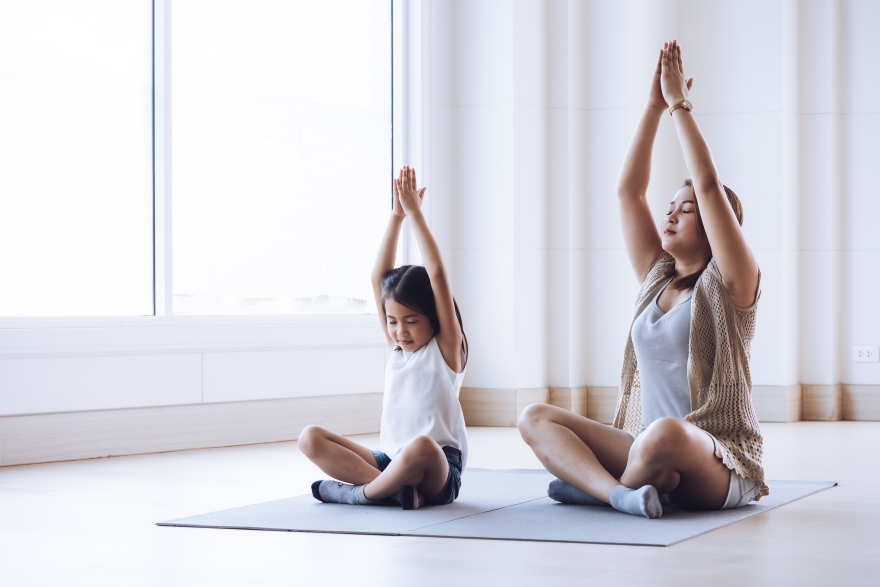
Tip 2: Practicing deep breathing with children
Deep breathing is a powerful tool for anxiety reduction (and managing their frustrations that can sometimes present when learning difficult tasks such as a new musical instrument!). Teach your child simple deep breathing exercises to help them manage anxious moments and more extreme panic. For example, practice taking slow, deep breaths together. You can count to four as you inhale, hold for four, and then exhale for four. This calming technique can be especially effective during stressful situations that require an immediate solution.
Browse yoga classes for children on Bizibuz
Tip 3: Breaking down tasks
Anxiety often arises when children feel overwhelmed by tasks or situations. Help your child by breaking down tasks into smaller, more manageable steps. Celebrate their accomplishments at each stage. This approach not only makes them feel more in control but also builds their confidence.
Tip 4: Getting their body moving
Physical activity plays a significant role in anxiety management. Encourage your child to engage in regular physical activity. It helps reduce stress and promotes overall well-being. Whether it's playing sports, dancing, or going for a walk, physical movement can be an excellent way to reduce anxiety.
Browse sports classes for children on Bizibuz

Tip 5: Building overall confidence
Confidence is a valuable tool for anxiety reduction. Encourage your child to try new things, and praise their efforts, not just their successes. Offer support, but also allow them to tackle challenges independently. When children achieve small victories, it boosts their self-esteem and helps reduce anxiety.
Watch parent webinar: polish your child’s presentation skills
Tip 6: Recognizing children’s resilience
Remind your child of their past successes in coping with anxiety. Recognizing their resilience can build their confidence in facing new challenges. Encourage them to see themselves as capable and adaptable individuals.
Childhood anxiety is a common experience, but with your guidance, children can learn to manage and cope with it effectively. By validating their feelings, teaching relaxation techniques, and supporting their confidence, you provide them with the tools to face anxiety with resilience. Remember, you play a crucial role in helping your child navigate anxiety and build a foundation for a happier, healthier future.

